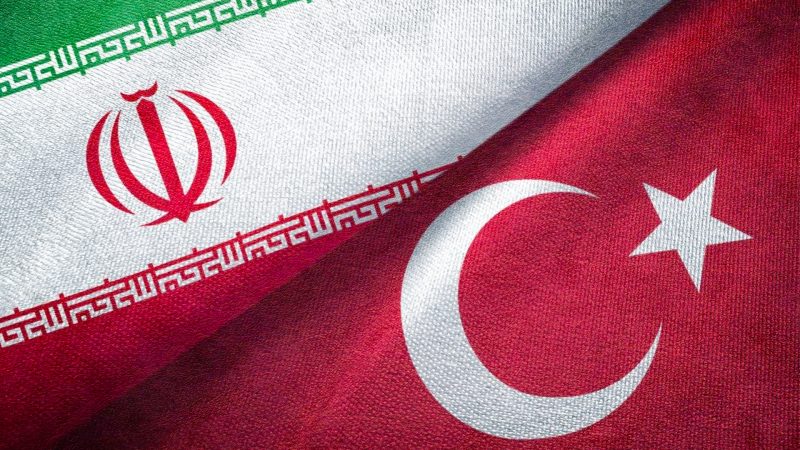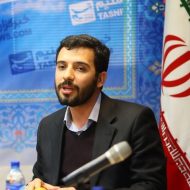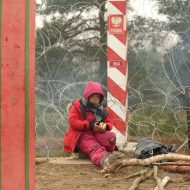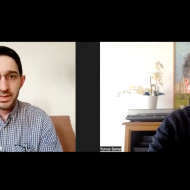At a joint news conference with Azerbaijani President Ilham Aliyev on December 10, Turkish President Recep Tayyip Erdogan announced Turkey’s initiative of “6-country regional cooperation platform” for the post-war era of the recent Karabakh conflict. Erdogan said he had suggested to Russian President, Vladimir Putin a proposal to establish a regional partnership including Turkey, Russia, Azerbaijan, Iran, Georgia and Armenia. The proposal was considerable on two aspects. First, from the perspective of Turkey’s policy towards Armenia, and second, providing a new arena for regional cooperation.
The general initiative and especially the emphasis on Turkey’s readiness for opening up the borders to Armenia (stipulated to “no claims of abuse by the authorities in Yerevan”) showed that the mainstream media propaganda against Ankara’s anti-Armenian approaches (which are tried to establish on incomplete and confusing narratives of history) were wrong. On the other hand, the initiative proves that neither Azerbaijan nor Turkey are not satisfied with the continuation of tensions in the region, and vice versa, they want Karabakh to become a place for ethnic and religious coexistence, rather than a sign of ethnic strife.
However the most important feature of this joint initiative was providing a new space for new regional cooperation. Geographical proximity, geopolitical interdependencies, and the actual existence of bilateral cooperation are the mechanisms that can move these 6 countries quickly towards implementation of joint initiatives, amid the actual problems and issues.
In fact, what Erdogan referred to and suggested was an attempt to move toward solving a dilemma rooted in history that can be traced back to the sixteenth century. The Caucasus has always been an area of confrontation of three regional major powers of Iran, Russia and Turkey (Former Ottoman Empire) in terms of achieving strategic geopolitical goals. However, there is now a cooperation platform based on tripartite partnership of these actors, and a positive balance between Baku, Tbilisi and Yerevan has been proposed which has the chance to solve a centuries-old historical dilemma. The important point here is that in the implementation of this platform, possible interference and sabotage of supra-regional powers in the Caucasus will be significantly reduced, and hence, the region will reach a historical stability that will result in the progress of three South Caucasian states, as well as the interests of the three surrounding powers.
In this regard, Iran is a key player for the realization of this initiative. Due to the geographical proximity and historical ties, Tehran has enjoyed an infinite influence over the region, making Iran an influential party as far as the plan is concerned. However, we must unfortunately admit that due to a misunderstanding about a poem that President Erdogan recited at the Baku parade, Iran was sidelined and could not pay enough attention to the main initiative, both in the press and at the diplomatic level. In addition to the misunderstanding (due to inaccuracies in the essence of the poem and the context in which it was read), the main reason for Tehran’s harsh reaction to what happened in the Baku parade was general pessimism and suspicion about Ankara’s actual goals in Baku.
In fact, alongside the old suspicion toward Azerbaijan, Tehran now faces another sense of concern about Ankara’s moves in Baku. In other words, Tehran feels that Ankara and Baku can work together in a strategic partnership against Iran’s interests in the Caucasus, such as the possible action in stimulating the Turkish population of Iran in the northwest (which the population reaches several millions). This suspicion provoked a sharp reaction from public opinion and political circles in Tehran against the parade incidents. We should of course consider the interest of radical right wingers in Iran. However, the situation does not seem to last long, and given the green light received from Baku and Ankara’s reasonable and sincere reaction, Iran will resolve the existing misunderstanding.
Considering that Biden’s presidency will strengthen the Euro-Atlantic front that can lead to a harsh attitude from Brussels towards Tehran, it seems that Iran will have no choice but “Pivot to East”. In this regard, strengthening of the Eurasian axis and turning to regional cooperation are the best choices for Tehran.
President Rouhani’s government will finish its job in less than 6 month. He did his best to attract the west and cooperate with the US, but failed. In this situation, the next Iranian government, regardless of the political faction, will consider the eight years’ experience of president Rouhani and FM Zarif as a lesson, and would move towards regional cooperation, which can lead to upgrading the cooperation with Moscow and Ankara.
Bearing in mind what has happened in the course of the 30 years old conflict in Caucasus, the dead end that Armenia has face to, the strengthening of the Atlantic axis in the world and systematic pressure on Eurasia, the regional requirement for practical cooperation in the areas of quick interests, ineffective experience of long negotiations with the West and trust in Western processes and organizations which can lead to possible sanctions against regional actors by the US and EU, we can conclude that all these factors could influence the establishment of Erdogan’s 6-country regional cooperation platform, and of course, Iran’s active partnership in it.









Leave a Reply